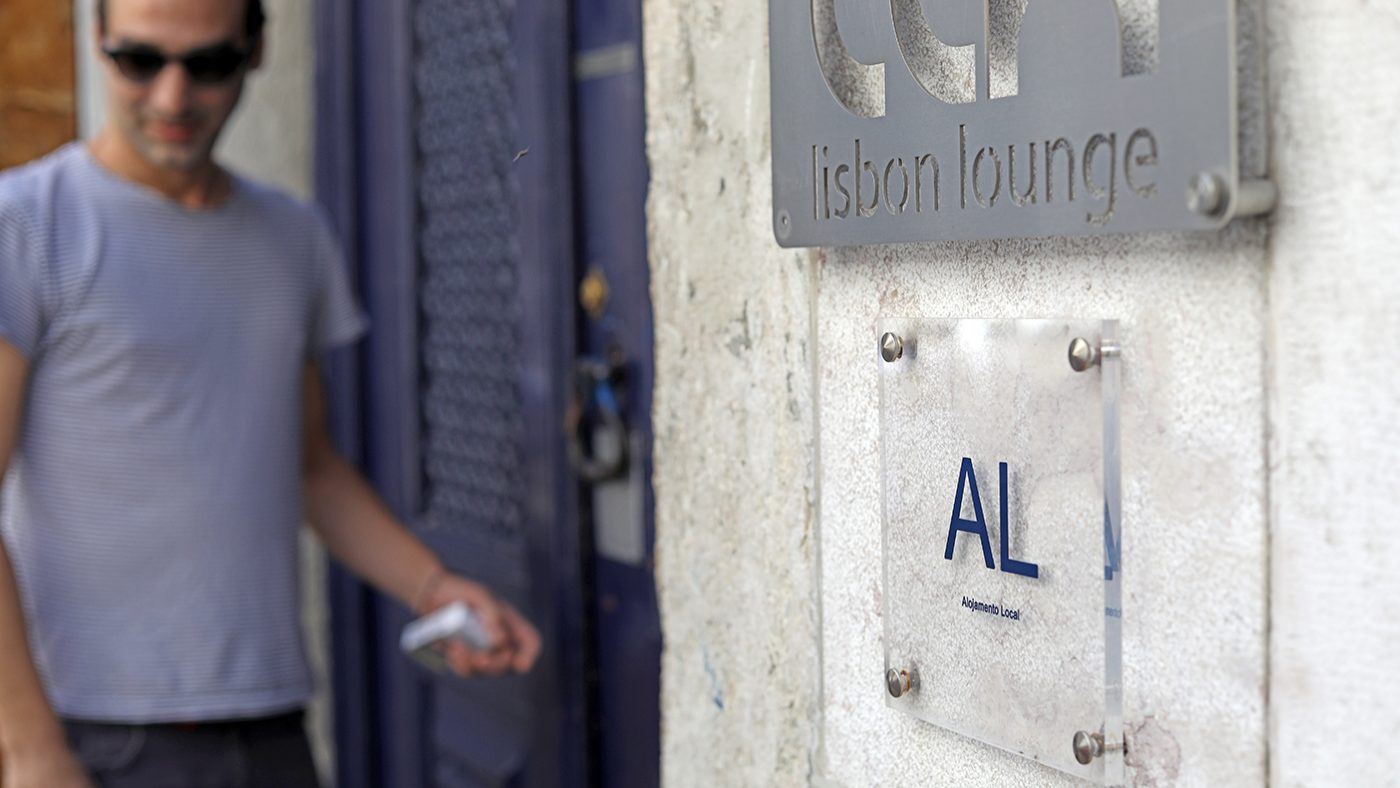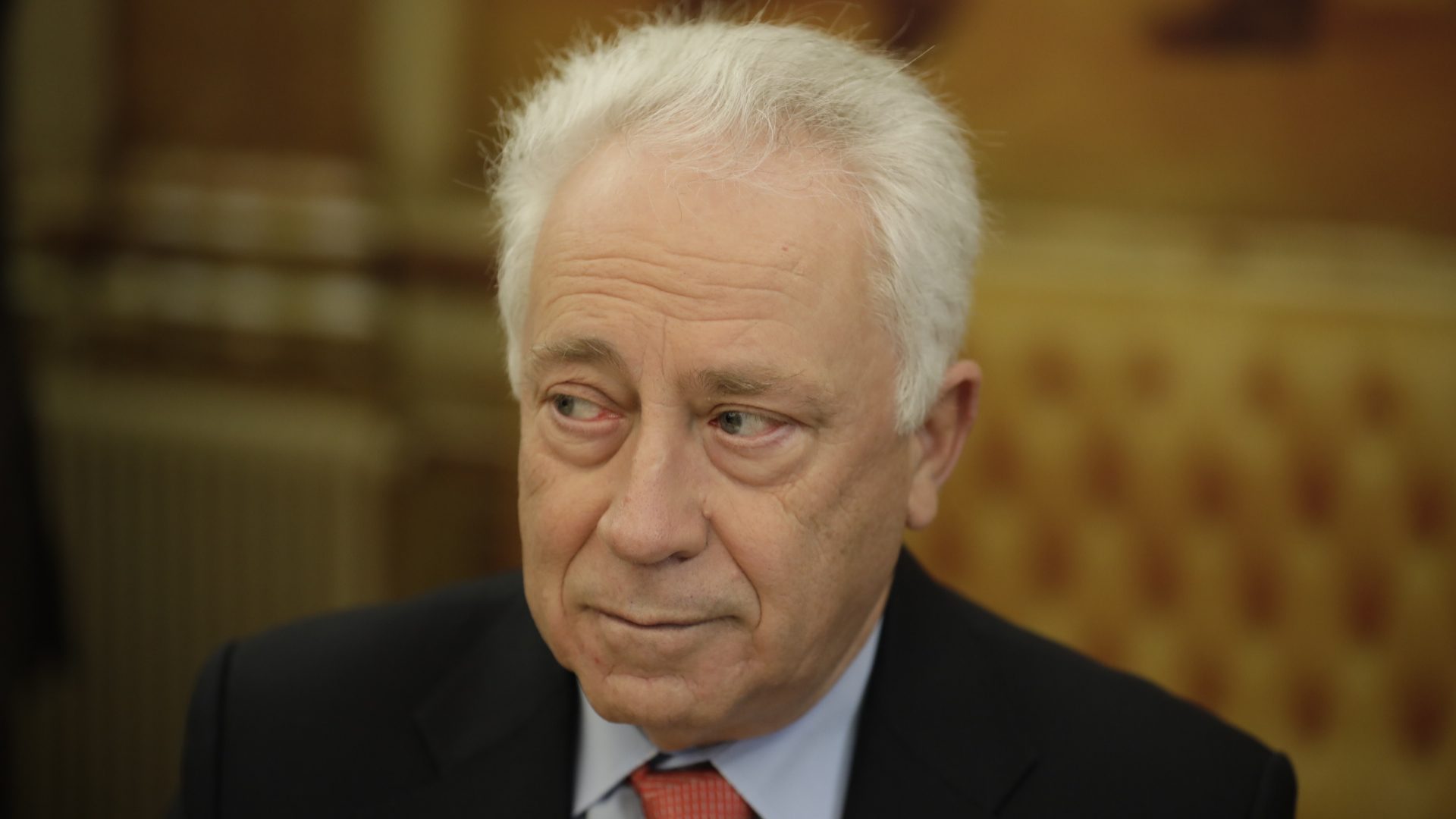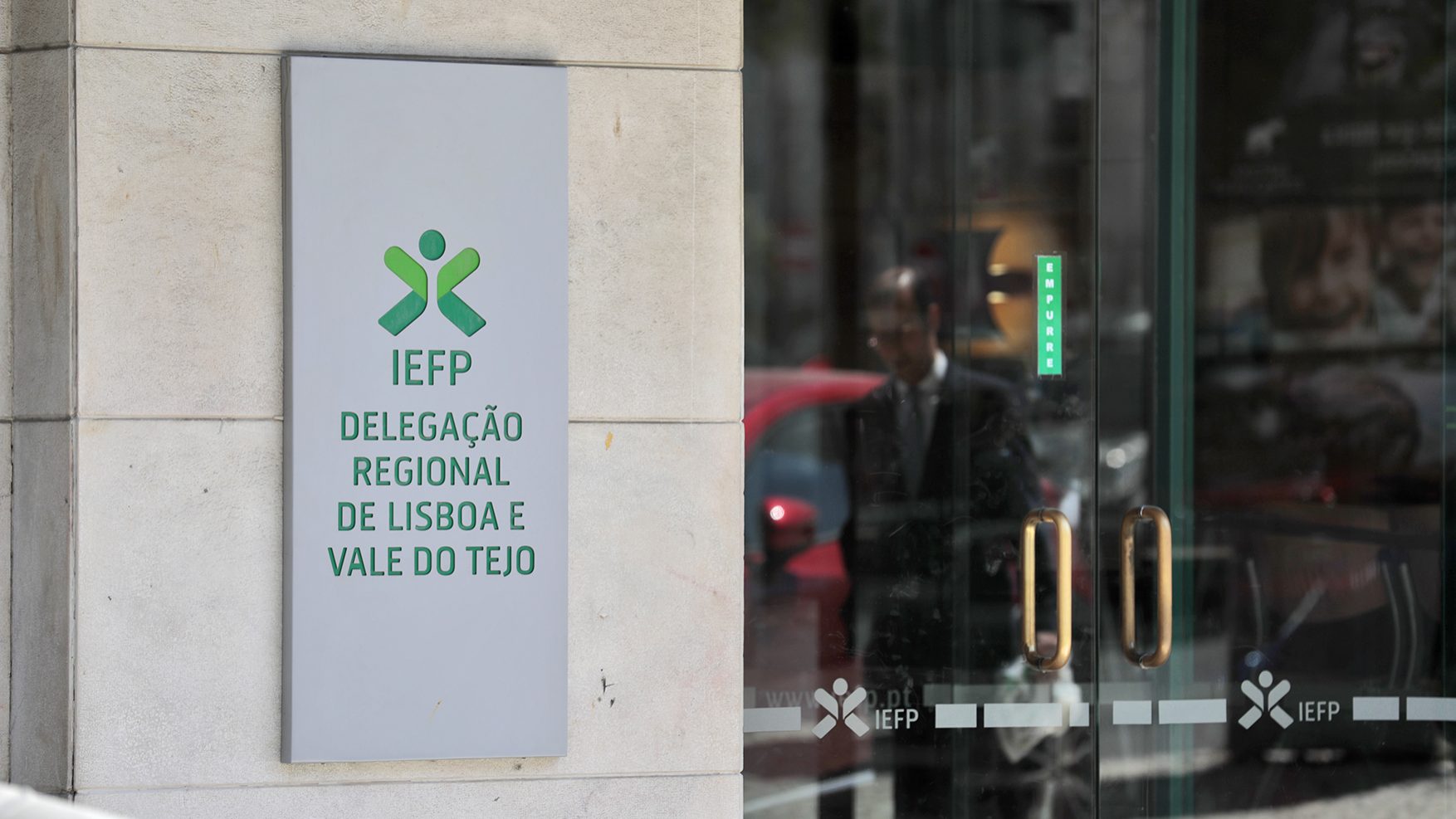Juncker assumes EC’s limitations in arbitrating CTG takeover bid to EDP
Jean Claude Juncker answered to a letter from two MEP's inquiring the about CTG's takeover bid. Juncker told the MEP's the EC is "limited in its intervention".
The president of the Commission noted in the letter he sent replying to a query sent to his office by MEP’s Ana Gomes and Elmar Brok, on the 12 of July, concerning the bid by the China Three Gorges to “increase its share and acquire a majority stake in EDP”, that the Commission was limited in its intervention given the current framework applied to foreign direct investment.
Both MEP’s showed concern about the fact that CTG, a state-owned company, will own the Portuguese power production utility, stating that the “troika bail-out program to Portugal justified endorsing these critical industry and infrastructure privatisations”, claiming that the reasoning behind [openness towards foreign direct investment] the endorsement “neglected the negative impacts FDI might have on critical and strategic infrastructures of a Member state — as it is the case of energy power distribution utilities — and hence, the impacts for the EU as a whole”.
The letter was also directed at the Commissioner for Climate Action & Energy, Miguel Arias Cañete, who is responsible for ensuring Europe’s energy security, and to Margrethe Vestager, Commissioner for Competition, part of the Energy Union Project Team.
Under the current legal framework, the Commission has limited instruments to intervene in such cases and cannot assess individual cases of foreign direct investment and their potential risks in relation to security or public order at European level
The MEP’s posed the following questions to the President of the Commission in July:
- “Is the European Commission monitoring these developments and not objecting to the Tender Offer on EDP for possible violation of European rules in order to avert any conflicts of interest?”
- “Does not the European Commission perceive this purported deal as part of a strategy for dominance and control of a critical sector and critical energy infrastructure for the strategic autonomic, security and public order of the European Union? How can the European Commission stay idle and let it develop?”
These two questions were the final notes of the letter addressed to President Juncker, who replied on the 30th of July, in response to both Portuguese MEP Ana Gomes and German MEP Elmar Brok, who were concerned with the possibility of a third country (China) being in control of the Portuguese energy transmission system operator. In sum, Juncker announced to the two MEP’s that:
- The Commission is aware of the transaction, which should “comply with all relevant Union legislation”, setting out in further detail on the letter the detailed legislation that should be taken into consideration for the takeover bid;
- Certainly, “the Commission is mindful of the significance of FDI in strategic sectors of the European economy”, noting it had, under the current framework, very limited instruments to intervene, for subsidiarity reasons “national security and public order assessments are the prerogative of Member States”;
- “Respect of existing EU legislation has to be guaranteed for any acquisition by nonEU
buyers of strategic infrastructure”; - Pointed out the quest from the EC to “launch a wider debate on the protection of strategic energy and infrastructure such as gas and electricity transmission systems” on their Energy Security Strategy, published in 2014;
- The transaction in question should be considered under EU competition law, and “merger control proceedings”;
- Juncker also noted, in regards to the applicable EU legislation, that “if the transaction affects shareholders (…) such as REN (…) national regulatory authorities may open proceedings to ensure compliance by the transmission system operator with the requirements of the Electricity and Gas Directives”;
- The final decision on the respective transaction would be reserved for the Member State in which the investment takes place, who should “conduct risk assessments and take into account all relevant risks”.
The reply letter was published this Wednesday on Mrs Gomes’ official website.




